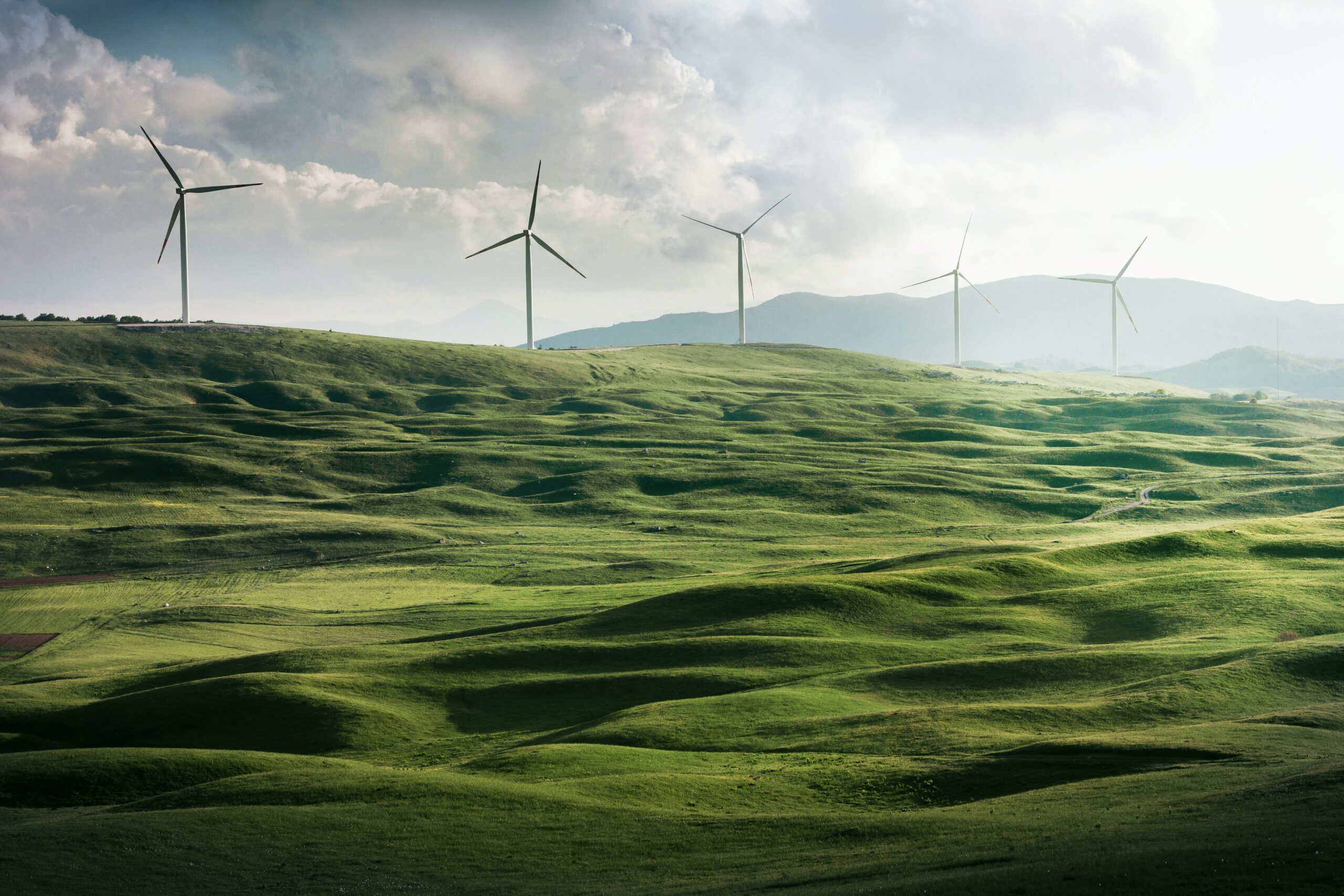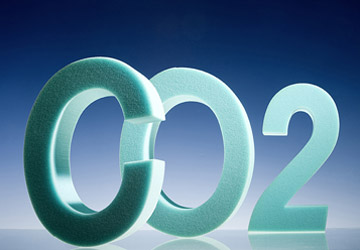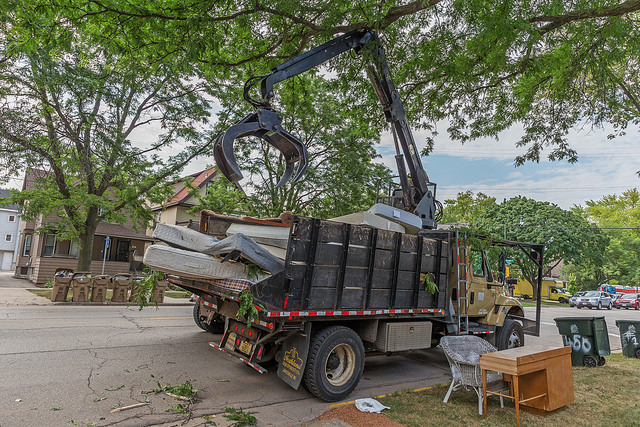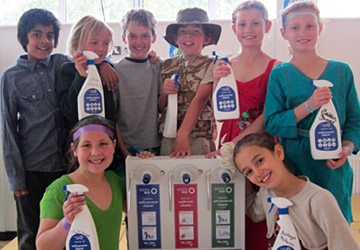Carbon Dioxide is Bad for You, Isn't It?
Scientists process carbon dioxide into new products, cutting emissions
Actually carbon isn’t bad for you: we are all made of it and it is one of the fundamental chemicals that form the basis of everyday life. The problem is that we are pumping an excess of carbon dioxide into the atmosphere. Scientists have been struggling with the problem of putting the genie back into the bottle: how can we remove it from the air?
One method is Carbon Capture and Storage (CCS) – “scrubbing” the pollutants from the chimneys of power stations and pumping them into old oil fields. There are several problems with this, it is expensive financially, and also in energy terms – that is, it costs energy to implement, and more worryingly, the carbon dioxide might leak out of the storage site.
There is another option, making the carbon back into something useful. This process has a variety of names, such as “Carbon Dioxide Utilisation” (CDU) or “Carbon Capture and Re-Use”, but it is easiest to think of it as a form of recycling. Most of us collect bottles, paper, glass etc. to be recycled instead of going to landfill. This is just the same only the product to be recycled is an invisible gas, and the landfill is the sky.
Innovative companies have been making carbon dioxide into construction materials like breeze blocks, foam, plastics, and even back into petrol or diesel. British scientists and engineers have been in the forefront of these new processes, according to Professor of Chemical Engineering & Chemistry, Peter Styring, who is leading an organisation called CO2Chem, which is leveraging the research. He says, “Waste costs money, recycling CO2 could be profitable for the country.” The research has been supported at the European Commission by Nick Clegg and Vince Cable so it not just some blue sky thinking.
How does it work?
Essentially you use electricity to power a reaction which converts the CO2 from waste – for example landfill gas, into a useful product. If the process uses renewable energy then it is going to be very beneficial in terms of emissions reduction. If the product is solid, like a plastic then the carbon is captured for the lifetime of the product. If it is a fuel, like petrol, which has been created by Air Fuel Synthesis, a new UK company, then when the fuel is burnt the carbon goes back into the atmosphere, but this is recycling the carbon, rather than just putting more into the atmosphere, and it can be captured and recycled again, ad infinitum.

Air Fuel Synthesis converts carbon dioxide and water into synthetic hydrocarbon liquids, (that is oil) from which sustainable fuels like petrol or diesel, or other oil based products can be made. This is no different really to how oil is made in nature, only it doesn’t take millions of years. This technology is receiving serious interest from investors.
German company Bayer has also created new products from waste CO2 including polyurethane foam for many everyday items, such as upholstered furniture, automotive parts, refrigeration equipment and insulation material for buildings. In internal tests, the new foams are equivalent to conventional materials made entirely from fossil fuels
Will this reduce carbon emissions? Peter Styring says, “This is a matter of considerable debate. There is a lot of anecdotal evidence but what is needed is evidence based data. Work coming out of Aachen University in Germany has shown that the use of CDU to produce polyurethanes reduces the overall CO2 emissions over the process by 9% using a complete life cycle assessment (LSA).”
Obviously capturing and recycling carbon dioxide is just one of many strategies which will have to be used to bring down our greenhouse gas emissions, but it is a promising way forward which could be the beginning of new chemical industries here in Britain, so yes, carbon dioxde could be good for you.
http://www.airfuelsynthesis.com
Visit GreenJobs for the latest Carbon Jobs





If we have any hopes of keeping low lying areas of the world from being inundated by water where cities like Miami, Rotterdam, and even London and New York exist, technology is going to have to limit CO2 emissions. It is a cascading effect, as the temperatures warm, the glaciers and poles are melting, releasing stored and captured CO2 at an exponential rate.